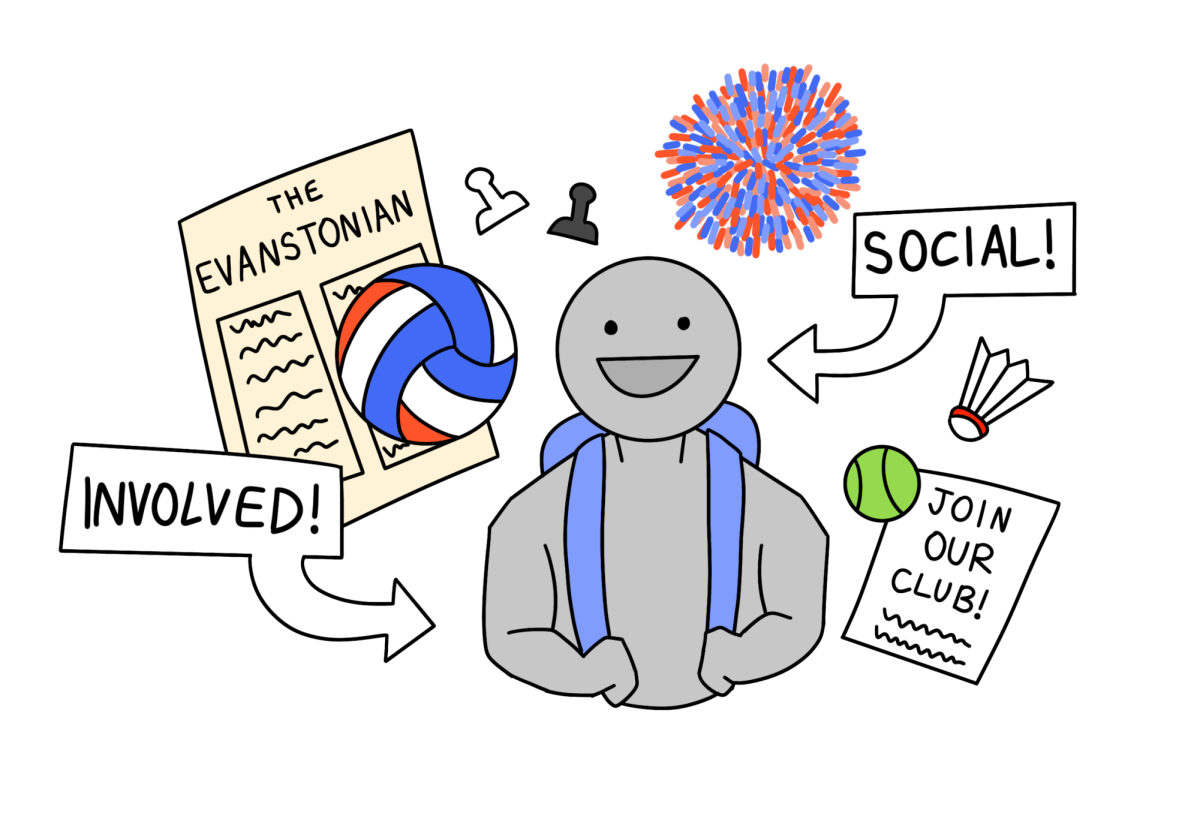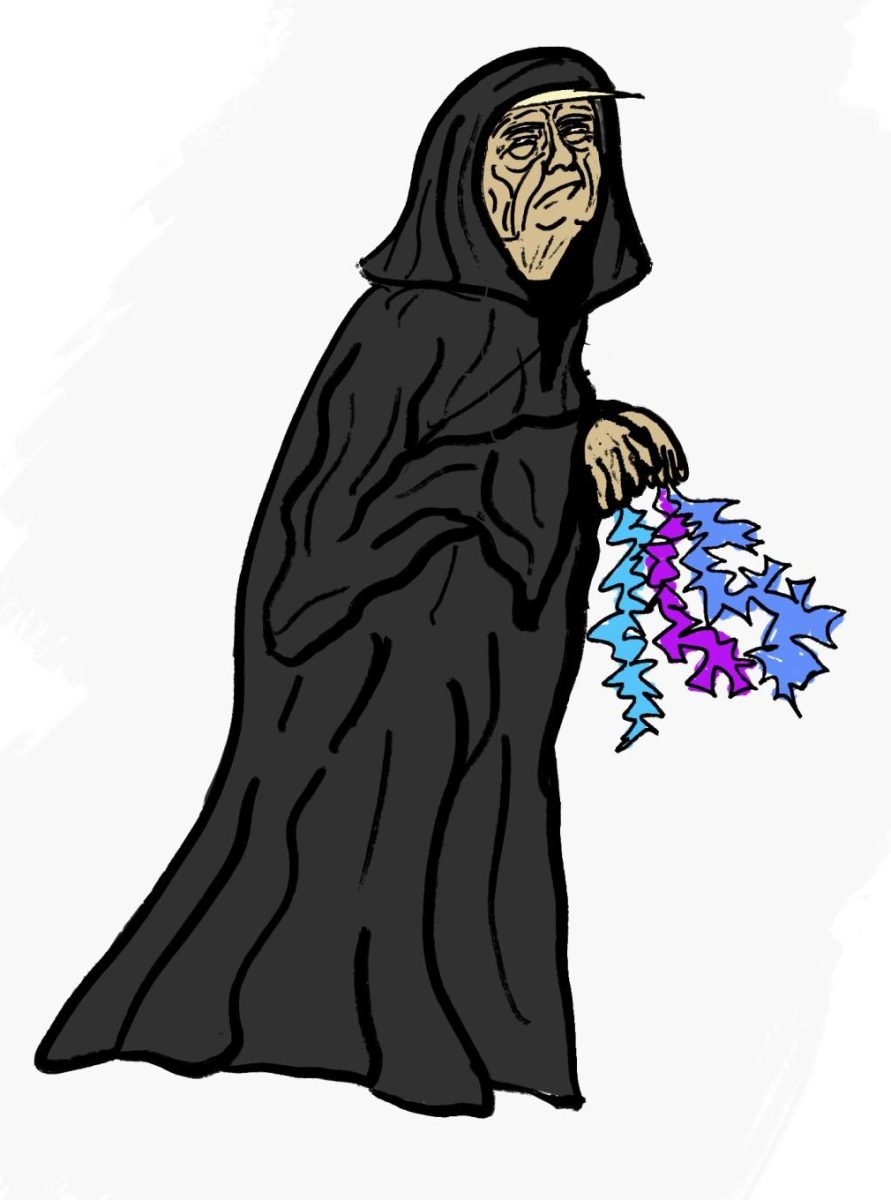
According to Oxford Languages, misogyny is defined as “dislike of, contempt for, or ingrained prejudice against women,” and unfortunately, it presents itself in our society in many ways. However, one of the lesser-discussed forms of misogyny is misogyny in medicine, specifically pertaining to treating period pain.
Wellbeing of Women, a UK charity that focuses on funding reproductive and gynecological health for women, has a campaign called “Just a period.” The campaign highlights the stories of women who were told routinely by their doctors that their period pain, heavy bleeding, and/or irregular periods were “just a period” but eventually learned their symptoms were actually caused by serious gynecological conditions like fibroids, PCOS, adenomyosis, and endometriosis.
For example, an 18-year-old student, Zaynah Ahmed, was interviewed by the Guardian about her experiences with trying to get treatment for her painful periods that she began experiencing at 12.
“I was quite young,” she said. “I was often dismissed because I was always told that my period had just started and that I didn’t know how to manage the pain.” Unfortunately, Ahmed had to be hospitalized after her painful periods reached extreme levels, and she required a blood transfusion due to her blood levels becoming so low. But even though her periods had led her to become hospitalized, it still took another five years for her to be diagnosed with adenomyosis, endometriosis, and chronic anemia.
Ahmed is not the only menstruator to be dismissed by her doctors. A woman featured in the Wellbeing of Women’s “Just a period” campaign named Emma Kemsley explains that she has had painful periods since she was 19.
“Vomiting from pain, or even blacking out, had become a normal part of my period,” she proclaimed. But no matter how much she begged her general practitioners to help her by offering her treatment other than painkillers, they refused. She knew something was wrong, but she was dismissed and told she just had a bad period. Sadly, it took her being hospitalized for her symptoms that she was able to get surgery and get diagnosed with adenomyosis, as well as severe stage 4 endometriosis. However, it also revealed that her fertility was severely compromised, and she was advised to start in vitro fertilization (IVF) immediately if she wanted to be able to have kids. After nine rounds of IVF and a surgical termination of a pregnancy for medical purposes (TFMR), Emma decided to quit IVF because it was too hard on her body and caused her too much stress. Emma advises women, “Remember to always take your pain seriously, it’s not just a bad period,” after she was hospitalized with life-threatening sepsis. She had become so used to vomiting and being in pain on her periods that she dismissed the warning signs of her infection. Yet even though endometriosis has compromised her bladder, reproductive organs, bowel, colon, and rectum, Emma does not let her disease rule her life. “Yes, there will be days where I am bed bound, but it’s not forever, and it makes the days I am pain-free and thriving extra special. I don’t let endometriosis stop me from living a full life, in fact, it pushed me to do more.” For instance, Kemsley owns The Informal, a company that helps businesses with their workplace and well-being procedures by providing speakers that focus on a realistic approach.
Both Kemsley’s and Ahemd’s stories illustrate the devastating effects misogyny in the medical field can have, especially related to periods. It is disgusting that in 2025, women are still not being listened to by their doctors. According to Wellbeing of Women, not every menstruator who has heavy bleeding, severe period pain, or irregular periods has gynecological conditions causing their symptoms. However, the charity emphasizes that if your period is negatively interfering with your ability to live your life, that is unacceptable. The Wellbeing of Women website also lists the treatment options for menstruators with heavy, painful, and/or irregular periods. No one deserves to have their pain dismissed, especially not on account of their sex assigned at birth.



